Home>Dining>Tableware>How To Remove Dishwasher Film From Crystal Glasses
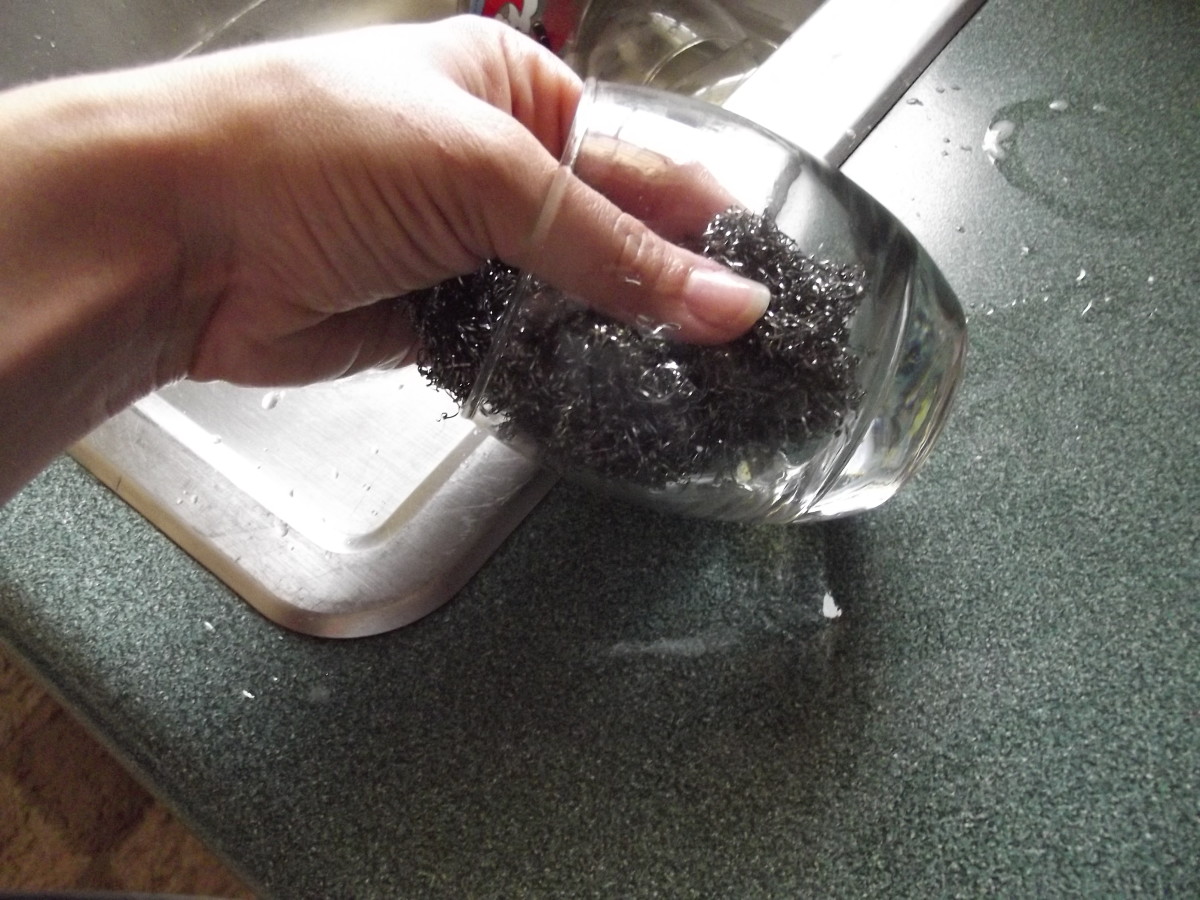

Tableware
How To Remove Dishwasher Film From Crystal Glasses
Modified: January 19, 2024
Learn how to remove dishwasher film from crystal glasses and restore the shine to your tableware with our simple and effective tips.
(Many of the links in this article redirect to a specific reviewed product. Your purchase of these products through affiliate links helps to generate commission for Storables.com, at no extra cost. Learn more)
Introduction
Welcome to a comprehensive guide on removing dishwasher film from crystal glasses. Crystal glasses are not just functional, but they also add a touch of elegance and sophistication to any dining experience. However, over time, you may notice a cloudy film or residue on your crystal glasses, which can diminish their beauty and sparkle.
This film is often caused by the minerals in hard water, detergent residue, or the high heat and harsh chemicals used in the dishwasher. While it may seem daunting to remove this film and restore your crystal glasses to their original luster, fear not! With the right techniques and a little bit of care, you can easily eliminate the dishwasher film and enjoy the brilliance of your crystal glasses once again.
In this article, we will explore the causes of dishwasher film on crystal glasses, provide precautions to take before removing the film, and share effective methods for restoring the clarity and shine to your prized glassware. So, let’s dive in and learn how to bring back the beauty of your crystal glasses.
Key Takeaways:
- Say goodbye to cloudy crystal glasses by hand washing with warm soapy water or using a white vinegar and water solution to restore their sparkle and elegance.
- Prevent dishwasher film by following maintenance tips such as gentle hand washing, careful loading, and using a rinse aid to preserve the beauty of your crystal glasses.
Read more: How To Remove Film From Glass
Understanding Dishwasher Film and Its Effects on Crystal Glasses
Dishwasher film is a thin, cloudy residue that can form on the surface of crystal glasses after they are washed in a dishwasher. This film is a result of several factors, including hard water mineral deposits, residual detergent, and the heat and chemicals used in the dishwasher.
When left untreated, the dishwasher film can have a negative impact on the appearance and clarity of your crystal glasses. It can make them look dull, hazy, or even discolored. Additionally, the film can affect the way light passes through the glass, resulting in a loss of sparkle and brilliance.
Crystal glasses are known for their delicate patterns, intricate designs, and stunning clarity. The presence of dishwasher film can obscure these features, making the glasses appear less visually appealing. It can also impact the overall drinking experience, as the film can alter the taste and aroma of the beverages.
Moreover, if the dishwasher film is not removed promptly, it can become more challenging to eliminate, requiring more intensive cleaning methods. Therefore, it is crucial to address the issue as soon as you notice any signs of film on your crystal glasses.
By understanding the causes and effects of dishwasher film on crystal glasses, you are better equipped to prevent and remove it effectively. In the following sections, we will discuss the common causes of dishwasher film and provide you with tips and methods to restore the clarity and shine of your crystal glasses.
Common Causes of Dishwasher Film on Crystal Glasses
There can be several factors that contribute to the formation of dishwasher film on crystal glasses. By understanding these causes, you can take steps to prevent or minimize the occurrence of film and keep your glassware looking pristine. Here are some common causes to be aware of:
- Hard Water: One of the main culprits behind dishwasher film is hard water. Hard water contains high levels of minerals such as calcium and magnesium. When the water evaporates during the dishwasher cycle, these minerals are left behind on the glass surface, creating a hazy film.
- Detergent Residue: If you use too much dishwasher detergent or the detergent doesn’t fully dissolve during the wash cycle, it can leave behind a residue on the glassware. This residue can contribute to the formation of film over time.
- High Heat: Crystal glasses are sensitive to high temperatures, and the heat from the dishwasher can cause the glass to expand and contract rapidly. This can create micro-fractures on the glass surface, which can trap detergent residue and mineral deposits, leading to the formation of film.
- Improper Loading: Overcrowding the dishwasher or placing crystal glasses too close to other items can result in insufficient water flow and inadequate rinsing. This can increase the chances of film formation.
- Old or Worn Dishwasher: If your dishwasher is old or not functioning optimally, it may not be able to effectively remove all traces of detergent or mineral deposits. This can contribute to the buildup of film on your crystal glasses.
By understanding these common causes of dishwasher film, you can take proactive measures to minimize their impact. In the next sections, we will provide you with precautions and tips to follow before removing the film, ensuring the best results in restoring the clarity and beauty of your crystal glasses.
Precautions and Tips before Removing Dishwasher Film
Before diving into the methods for removing dishwasher film from your crystal glasses, it is important to take some precautions and follow these helpful tips to ensure the best outcome:
- Inspect the glasses: Examine your crystal glasses closely to determine the extent of the film and any other potential damage. If you notice any chips, cracks, or etching on the glass surface, it is best to consult a professional before attempting any cleaning methods.
- Separate crystal glasses: Whenever possible, wash your crystal glasses separately from other dishes and cookware. This minimizes the risk of scratching or damaging the delicate glass surface during the dishwasher cycle.
- Hand wash delicate pieces: For extremely fragile or valuable crystal glasses, consider hand washing them instead of using the dishwasher. Hand washing allows for more control and gentler handling, reducing the risk of damage.
- Remove any visible debris: Prior to removing the dishwasher film, rinse the crystal glasses with warm water to get rid of any visible debris or food particles. This helps prevent scratching the glass surface during the cleaning process.
- Gentle cleaning materials: When cleaning crystal glasses, opt for soft materials such as a microfiber cloth or non-abrasive sponge. Avoid using abrasive cleaners or scrub brushes that can scratch or damage the glass.
- Test a small area: Before applying any cleaning agent or method to the entire glass, test it on a small, inconspicuous area first. This helps ensure that the cleaning solution or technique does not harm or degrade the glass.
- Patience is key: Removing dishwasher film may require some time and repeated cleaning attempts, especially if the film has built up over a long period. Be patient and persistent in your efforts to achieve the best results.
By following these precautions and tips, you can safeguard your crystal glasses during the cleaning process and maximize the chances of successfully removing the dishwasher film. Now, let’s explore the different methods you can use to restore the brilliance of your glassware.
Methods for Removing Dishwasher Film from Crystal Glasses
When it comes to removing dishwasher film from crystal glasses, there are several effective methods you can try. These methods involve gentle cleaning agents and techniques to restore the clarity and shine of your glassware. Let’s explore some of these methods:
Read more: How To Remove Stickers From Crystal Glasses
Method 1: Hand Washing with Warm Soapy Water
One of the simplest and safest methods for removing dishwasher film is hand washing your crystal glasses with warm soapy water. Here’s how to do it:
- Fill a clean sink or basin with warm water and add a few drops of mild dish soap.
- Submerge the crystal glasses in the soapy water and use a soft sponge or cloth to gently scrub the glass surface, paying extra attention to areas with film.
- Rinse the glasses with warm water to remove any soap residue.
- Dry the glasses with a lint-free towel or let them air-dry on a clean dish rack.
Method 2: Using White Vinegar and Water Solution
White vinegar is a natural cleaning agent that can help dissolve and remove stubborn dishwasher film. Here’s how to use it:
- Mix equal parts of white vinegar and water in a bowl or container.
- Submerge the crystal glasses in the vinegar solution and let them soak for about 15-20 minutes.
- Gently scrub the glasses with a soft sponge or cloth to remove the film.
- Rinse the glasses with warm water to remove any vinegar residue.
- Dry the glasses thoroughly using a lint-free towel.
Method 3: Lemon Juice and Baking Soda Paste
Lemon juice and baking soda combine to create a powerful cleaning paste that can help eliminate dishwasher film. Here’s how to make and use the paste:
- In a small bowl, mix fresh lemon juice with enough baking soda to create a thick paste.
- Apply the paste to the affected areas of the crystal glasses using a soft cloth or sponge.
- Gently scrub the glasses in a circular motion to remove the film.
- Rinse the glasses with warm water to remove any residue.
- Dry the glasses thoroughly using a lint-free towel.
Method 4: Commercial Glass Cleaner
If the dishwasher film persists or is particularly stubborn, you can try using a commercial glass cleaner specifically designed for removing deposits and residue. Follow the instructions on the product label for the best results. Remember to thoroughly rinse and dry the glasses after using a commercial cleaner.
It’s important to note that when using any cleaning method, always handle your crystal glasses with care to avoid accidental damage. If unsure about the suitability of a cleaning method for your specific crystal glasses, consult the manufacturer’s guidelines or seek professional advice.
Now that you know various methods for removing dishwasher film, let’s explore some tips for maintaining crystal glasses and preventing the formation of film in the future.
Read more: How To Wash Crystal Glasses In A Dishwasher
Method 1: Hand Washing with Warm Soapy Water
Hand washing crystal glasses with warm soapy water is one of the simplest, safest, and most effective methods for removing dishwasher film. This method allows you to have more control over the cleaning process and ensures gentle care for your delicate glassware. Follow these steps to use this method:
- Fill a clean sink or basin with warm water, making sure it’s not too hot.
- Add a few drops of mild dish soap to the water and agitate it gently to create a soapy solution.
- Submerge the crystal glasses in the warm soapy water, ensuring they are fully covered.
- Use a soft sponge or cloth to gently scrub the glass surface, paying extra attention to areas with visible film or residue.
- Rinse the glasses thoroughly with warm water to remove any soap residue.
- Pick up each glass carefully and inspect it to ensure all film has been removed.
- Dry the glasses immediately with a lint-free towel or let them air-dry on a clean dish rack.
It’s important to use a mild dish soap that does not contain harsh chemicals or fragrances that can potentially damage the crystal glasses. Avoid using abrasive scrub brushes or scouring pads as they can scratch or mar the glass surface.
If there are hard-to-reach spots or stubborn film on the glasses, you can use a soft-bristled brush or a cotton swab to target those areas gently. Take your time and be gentle while cleaning to avoid any accidental damage.
After drying, inspect the crystal glasses once again to ensure all film has been removed. If any residues persist, you may need to repeat the hand washing process or consider trying another cleaning method described in this guide.
Remember to handle your crystal glasses with care during the hand washing process to prevent accidental breakage. Place a rubber mat or towel at the bottom of the sink or basin as an extra precaution.
The hand washing method is not only effective in removing dishwasher film but also provides an opportunity to appreciate the craftsmanship and beauty of your crystal glasses. By following this method, you can restore the sparkle and clarity to your glassware and ensure their longevity.
Now that you know how to hand wash your crystal glasses, let’s explore other methods for removing dishwasher film from your cherished glassware.
Method 2: Using White Vinegar and Water Solution
Using a white vinegar and water solution is an effective and natural method for removing dishwasher film from crystal glasses. The acidity of vinegar helps dissolve mineral deposits and detergent residue, restoring the clarity and shine of your glassware. Follow these steps to use this method:
- In a bowl or container, mix equal parts of white vinegar and water. For example, you can combine 1 cup of white vinegar with 1 cup of water.
- Submerge the crystal glasses in the vinegar and water solution, ensuring they are fully covered.
- Let the glasses soak in the solution for about 15-20 minutes. This allows the vinegar to break down the film and loosen any stubborn residue.
- Gently scrub the glasses with a soft sponge or cloth to remove the film. Pay attention to areas with visible deposits or residue.
- Rinse the glasses thoroughly with warm water to remove any vinegar residue.
- Dry the glasses using a lint-free towel or allow them to air-dry on a clean dish rack.
It’s important to use white vinegar for this method as it is milder and less likely to cause damage to the crystal glasses compared to other types of vinegar. Avoid using concentrated vinegar or cleaning vinegar as they may be too strong and potentially harm the glass surface.
If the dishwasher film is particularly stubborn, you can extend the soaking time or repeat the process if necessary. Ensure that each glass is thoroughly rinsed to remove any vinegar smell or taste before using them again.
White vinegar is not only effective in removing dishwasher film but also acts as a natural sanitizer, leaving your crystal glasses clean and fresh. This method is environmentally friendly and safe to use on most types of crystal glasses.
However, be cautious when using the vinegar and water solution on crystal glasses with delicate etchings or painted designs. Test a small, inconspicuous area first to ensure that the vinegar solution does not damage or fade the design.
With the white vinegar and water solution method, you can easily restore the brilliance and clarity of your crystal glasses. Now, let’s explore another method for removing dishwasher film from your glassware.
Method 3: Lemon Juice and Baking Soda Paste
Creating a paste with lemon juice and baking soda is a powerful and natural method to remove dishwasher film from crystal glasses. Lemon juice’s acidic properties combined with the gentle abrasive action of baking soda help lift and dissolve stubborn film, restoring the shine and clarity of your glassware. Here’s how to use this method:
- In a small bowl, mix fresh lemon juice with enough baking soda to create a thick paste. Start with a tablespoon of lemon juice and gradually add baking soda until the desired consistency is achieved.
- Apply the lemon juice and baking soda paste to the areas with dishwasher film on your crystal glasses.
- Using a soft cloth or sponge, gently scrub the glasses in a circular motion. The baking soda acts as a mild abrasive, helping to loosen and remove the film.
- Pay extra attention to areas with stubborn residue, ensuring that the paste comes into contact with the film.
- Rinse the glasses thoroughly with warm water to remove any lingering residue.
- Dry the glasses using a lint-free towel or let them air-dry on a clean dish rack.
Remember to use fresh lemon juice rather than bottled lemon juice for best results. The natural acidity of lemon juice helps dissolve mineral deposits and detergent residue, while leaving a fresh citrus scent on your crystal glasses.
This method is effective for mild to moderate dishwasher film. However, if the film is particularly stubborn or has built up over time, you may need to repeat the process or try other cleaning methods mentioned in this guide.
It’s important to note that lemon juice can have a bleaching effect, so avoid using this method on crystal glasses with delicate patterns or painted designs. Test the lemon juice and baking soda paste on a small, inconspicuous area first to ensure it does not cause any damage or discoloration.
The lemon juice and baking soda paste method offers a natural and eco-friendly solution to remove dishwasher film from your crystal glasses. With a little bit of scrubbing, you can bring back the sparkle and clarity to your glassware.
Now that you’ve learned about this method, let’s explore another approach to removing dishwasher film from your crystal glasses.
Use a mixture of equal parts white vinegar and water to soak the glasses for a few hours, then gently scrub with a soft sponge and rinse thoroughly.
Method 4: Commercial Glass Cleaner
If the dishwasher film on your crystal glasses persists or is particularly stubborn, using a commercial glass cleaner specifically designed for removing deposits and residue can be an effective option. These cleaners are formulated to tackle tough stains and film on glass surfaces. Here’s how to use this method:
- Choose a high-quality commercial glass cleaner that is suitable for use on crystal and safe for food contact.
- Read and follow the instructions provided by the manufacturer for the best results.
- Spray the glass cleaner directly onto the affected areas of the crystal glasses, ensuring full coverage.
- Allow the cleaner to sit on the glasses for the recommended time specified by the manufacturer. This allows the cleaner to penetrate and dissolve the film.
- Using a soft cloth or sponge, gently scrub the glasses in a circular motion to remove the film.
- Rinse the glasses thoroughly with warm water to remove any residual cleaner.
- Dry the glasses using a lint-free towel or let them air-dry on a clean dish rack.
It’s important to choose a commercial glass cleaner that is specifically labeled safe for use on crystal glasses. Avoid using abrasive cleaners or cleaners that contain harsh chemicals that may damage or etch the glass surface.
Commercial glass cleaners are often formulated to leave a streak-free finish, ensuring the crystal glasses are sparkling clean. However, it’s still a good idea to rinse the glasses thoroughly to remove any remaining residue before using them.
Before using a commercial glass cleaner, check the manufacturer’s instructions for any specific precautions or warnings. Additionally, if you have any concerns about using a commercial cleaner on your crystal glasses, consult the manufacturer or seek professional advice.
Using a commercial glass cleaner can be a convenient and effective method for removing stubborn dishwasher film from your crystal glasses. However, it’s important to always follow the manufacturer’s instructions and prioritize the well-being of your glassware.
Now that you’ve learned about different methods for removing dishwasher film, let’s explore some tips for maintaining your crystal glasses and preventing the formation of film in the future.
Read more: How Is Crystal Different From Glass
Tips for Maintaining Crystal Glasses and Preventing Dishwasher Film
Crystal glasses are delicate, beautiful, and worthy of proper care to maintain their pristine condition. By following these tips, you can ensure the longevity of your crystal glasses and prevent the formation of dishwasher film:
- Hand wash whenever possible: To minimize the risk of dishwasher film, hand washing crystal glasses is the best option. It allows for gentle cleaning and reduces exposure to harsh detergents and high temperatures.
- Use a soft cloth or sponge: When cleaning crystal glasses, always use a soft cloth or sponge to avoid scratching the delicate glass surface. Avoid abrasive materials that can damage or dull the glassware.
- Pre-rinse glasses: Before placing your crystal glasses in the dishwasher, pre-rinse them with warm water to remove any food particles or debris. This helps prevent residue from hardening on the glass during the dishwasher cycle.
- Load carefully: When placing crystal glasses in the dishwasher, ensure they are properly spaced and separated from other items to avoid any potential chipping or scratching. Avoid overcrowding the dishwasher to allow for proper water flow and rinsing.
- Choose a gentle dishwasher cycle: If you prefer to use a dishwasher for your crystal glasses, select a gentle or delicate cycle that is specifically designed for glassware. Avoid using high heat or powerful cleaning settings.
- Use a rinse aid: Adding a rinse aid to your dishwasher can help prevent the formation of dishwasher film. Rinse aids help in reducing water spots and improve the overall cleanliness of your crystal glasses.
- Opt for soft water: If possible, consider using soft water or installing a water softener in your home. Soft water contains fewer minerals, reducing the chances of mineral deposits and film formation on your crystal glasses.
- Store properly: When not in use, store your crystal glasses in a cabinet or display case where they are protected from dust, humidity, and potential accidents. Use soft padding or cloth to separate and cushion each glass.
- Frequent gentle cleaning: Regularly clean your crystal glasses, even if they appear to be free of film. Gentle cleaning helps prevent the buildup of residue and ensures that your glassware stays in optimal condition.
- Seek professional advice if needed: If you are unsure about the best cleaning method or have concerns about the condition of your crystal glasses, it is always advisable to consult the manufacturer’s guidelines or seek professional advice.
By following these tips, you can maintain the brilliance, clarity, and beauty of your crystal glasses for years to come. Proper care and preventive measures will help to prevent dishwasher film and preserve the elegance of your glassware.
Now that you are equipped with knowledge about maintaining crystal glasses, as well as effective methods for removing dishwasher film, you can confidently enjoy your crystal glassware without worrying about dulling or damage. Cheers to a sparkling and enjoyable dining experience!
Note: When using any cleaning method or product, always follow the instructions provided by the manufacturer and take necessary safety precautions to protect yourself and your glassware.
Disclaimer: The information in this article is intended for informational purposes only and should not be considered as professional advice. Always assess the specific needs and requirements of your glassware and consult relevant experts if needed.
Conclusion
Crystal glasses bring an air of elegance and sophistication to any dining occasion. However, the presence of dishwasher film can dull their sparkle and diminish their beauty. Luckily, with the right knowledge and methods, you can easily remove dishwasher film and restore the clarity and shine of your crystal glasses.
We explored the common causes of dishwasher film, such as hard water deposits and detergent residue, and provided various methods to tackle the issue. Whether it’s hand washing with warm soapy water, using a white vinegar and water solution, creating a lemon juice and baking soda paste, or opting for a commercial glass cleaner, there are multiple effective ways to eliminate dishwasher film.
Before embarking on the cleaning process, it is essential to take precautions and follow helpful tips. Inspect your glasses, separate them during washing, remove visible debris, use gentle cleaning materials, and test small areas before applying any cleaning agent. Patience and careful handling are key to achieving the best results.
Additionally, we shared tips for maintaining crystal glasses and preventing the formation of dishwasher film. Hand washing, proper loading in the dishwasher, and using a rinse aid can go a long way in preserving the clarity and brilliance of your glassware.
Remember, when it comes to your crystal glasses, caution and delicate care are essential. It’s worth investing time and effort to maintain their beauty and longevity.
By following the methods and tips outlined in this guide, you can confidently remove dishwasher film from your crystal glasses and enjoy their exquisite charm to the fullest. Cheers to sparkling glassware and unforgettable dining experiences!
Note: This article should be used as a guide and is not a substitute for professional advice. Always consult the manufacturer’s guidelines and exercise caution when cleaning delicate glassware.
Frequently Asked Questions about How To Remove Dishwasher Film From Crystal Glasses
Was this page helpful?
At Storables.com, we guarantee accurate and reliable information. Our content, validated by Expert Board Contributors, is crafted following stringent Editorial Policies. We're committed to providing you with well-researched, expert-backed insights for all your informational needs.
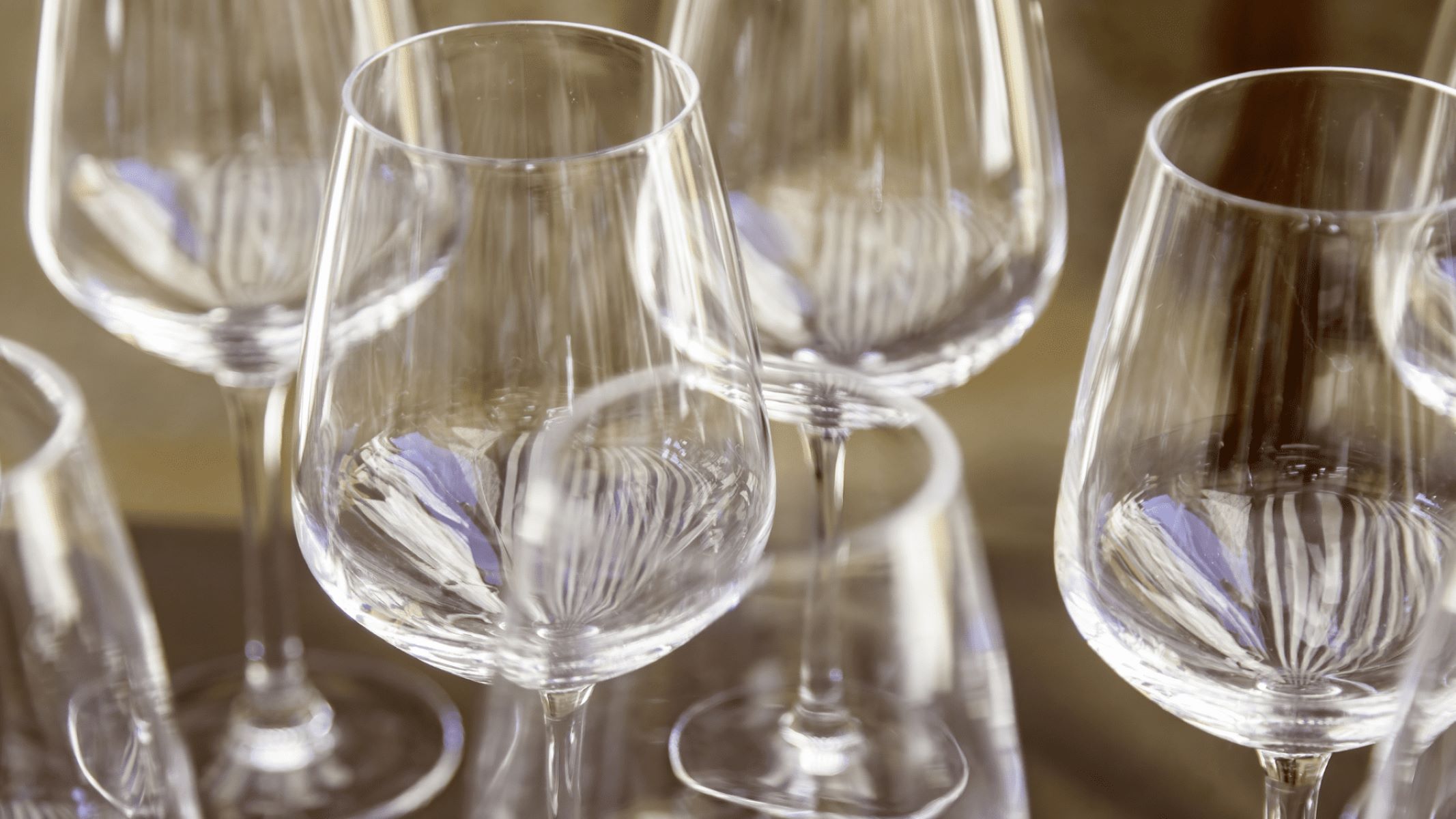
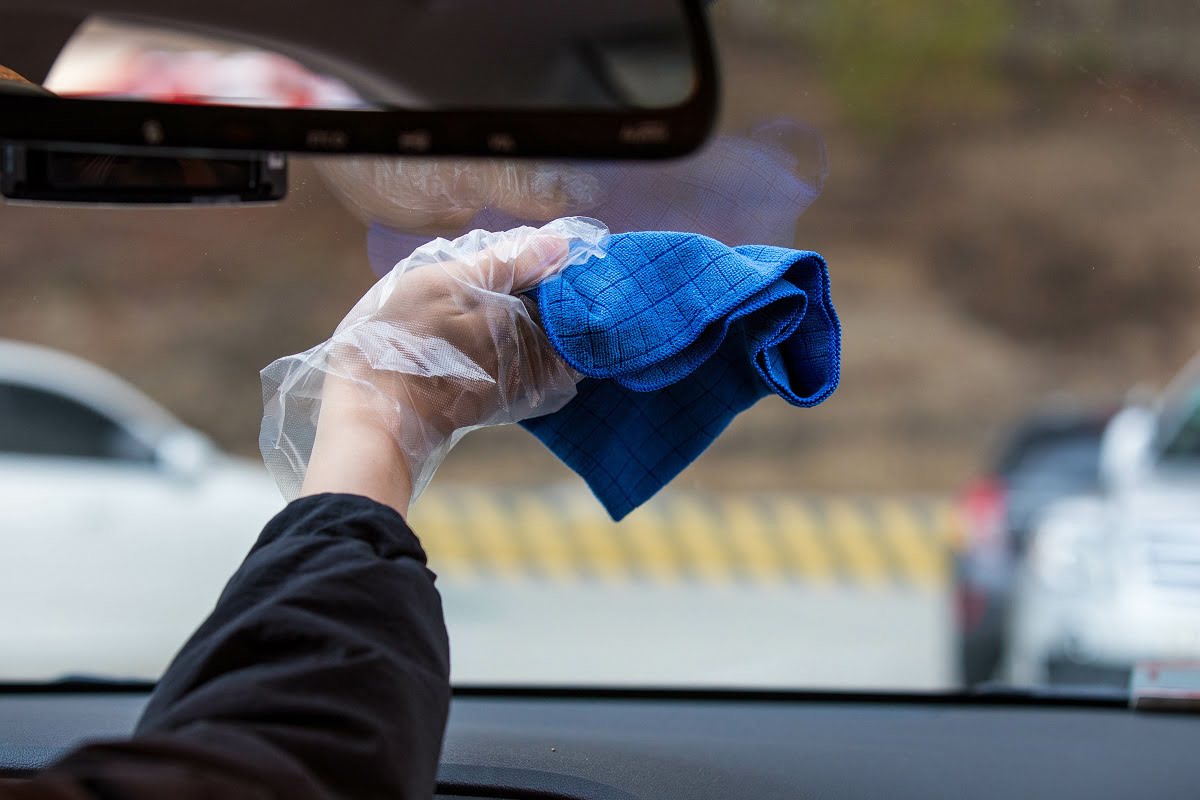
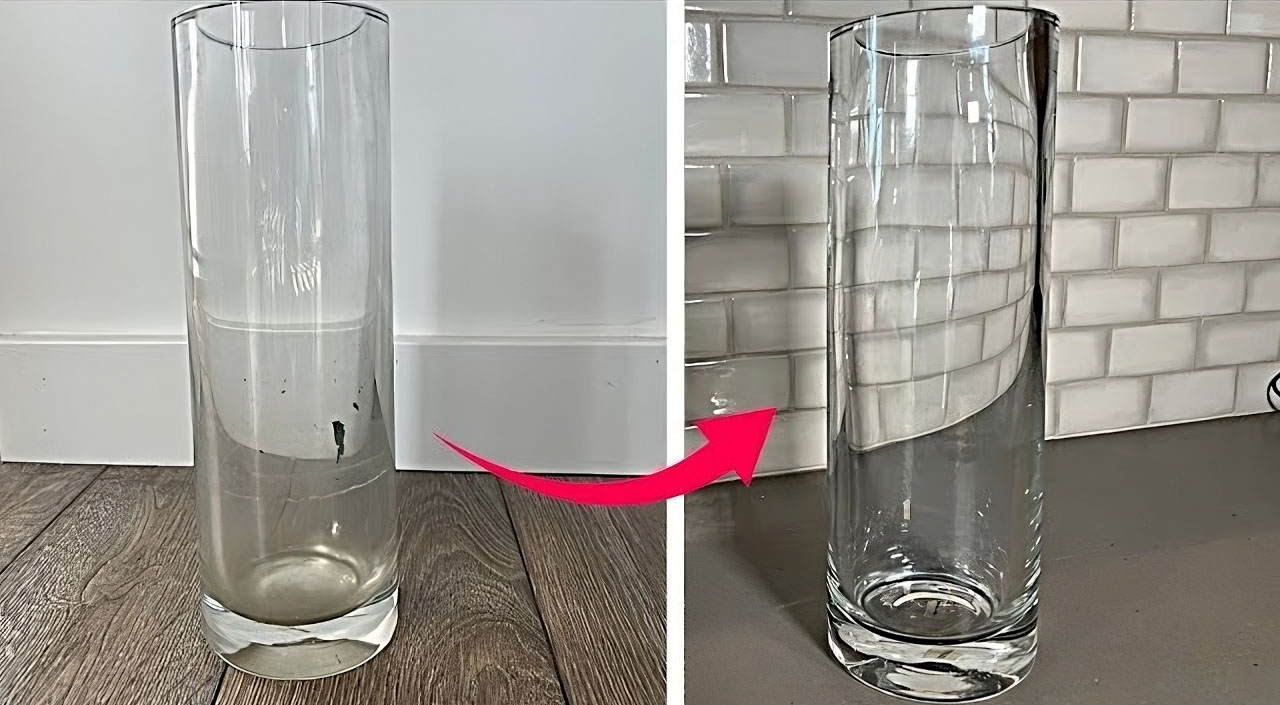

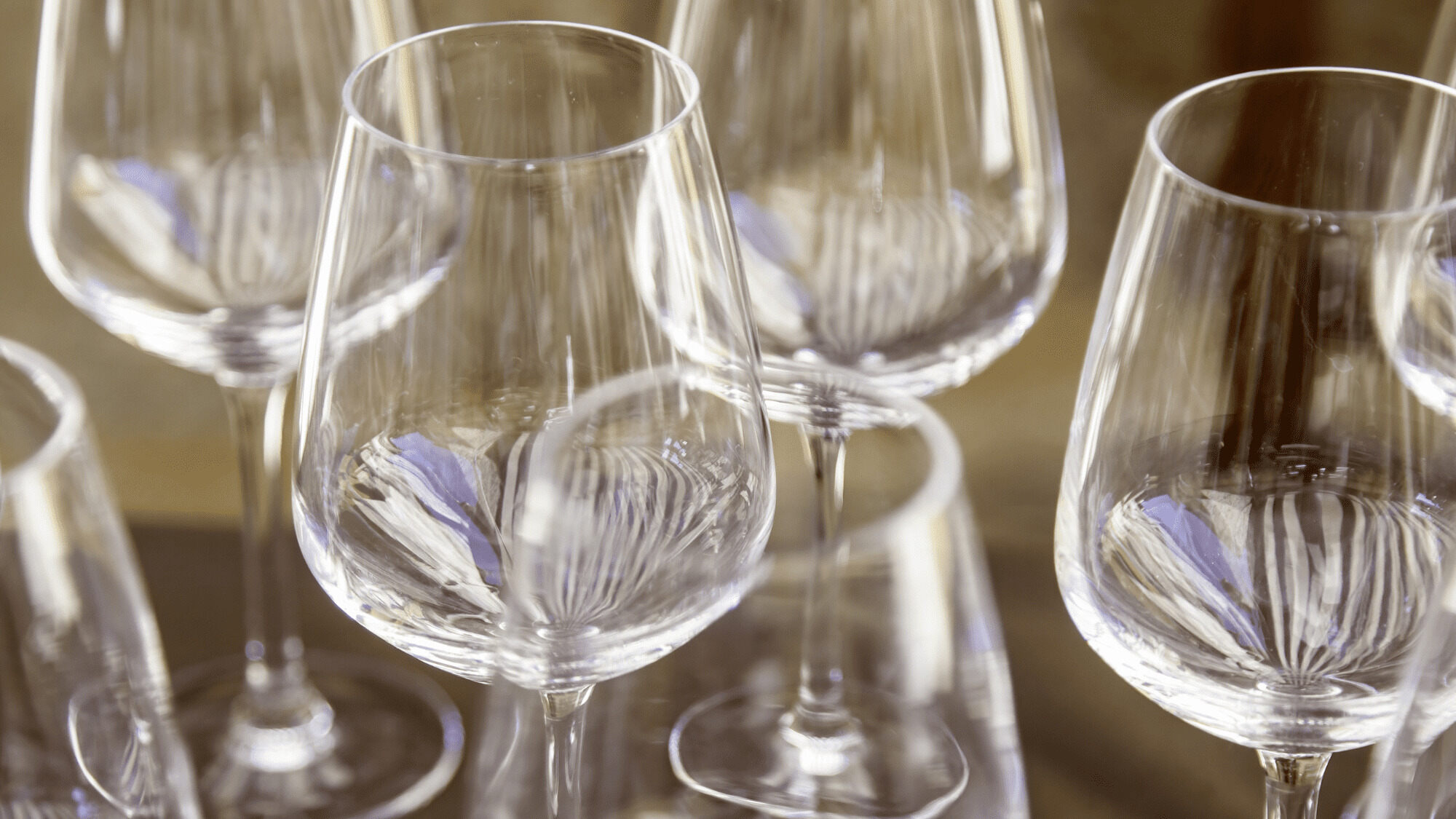
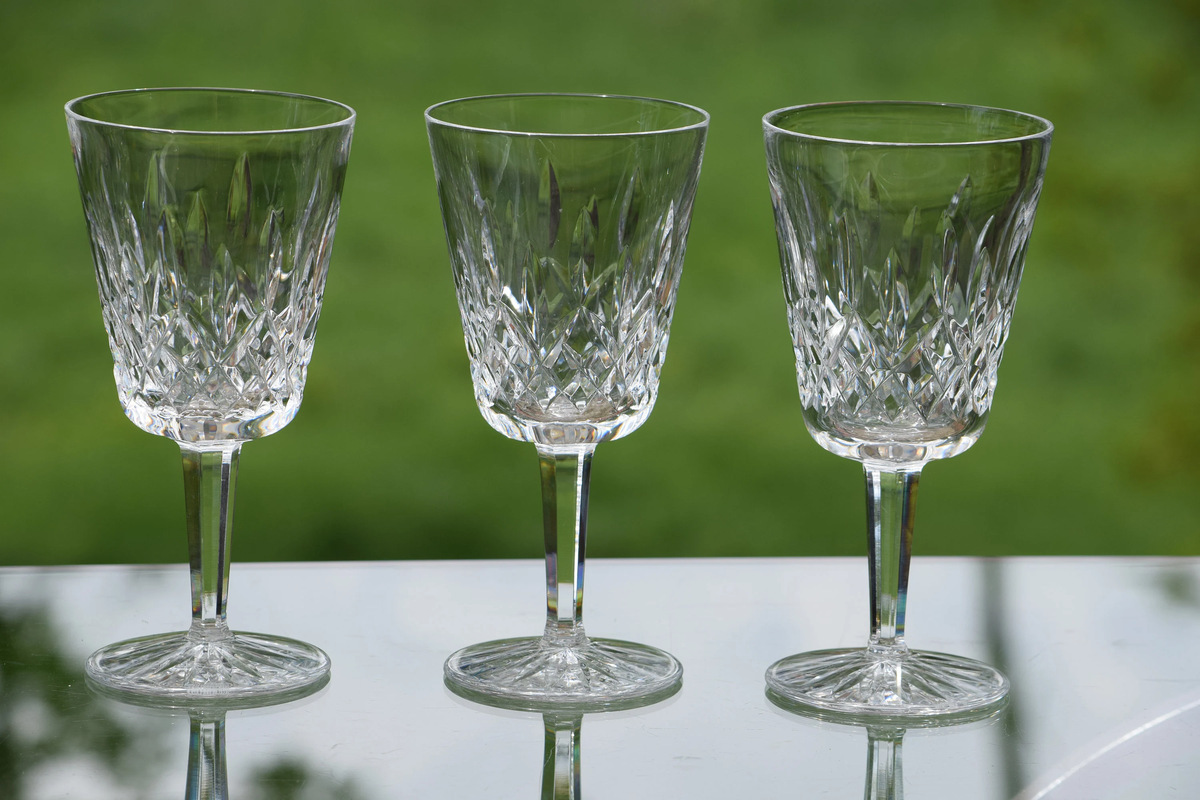
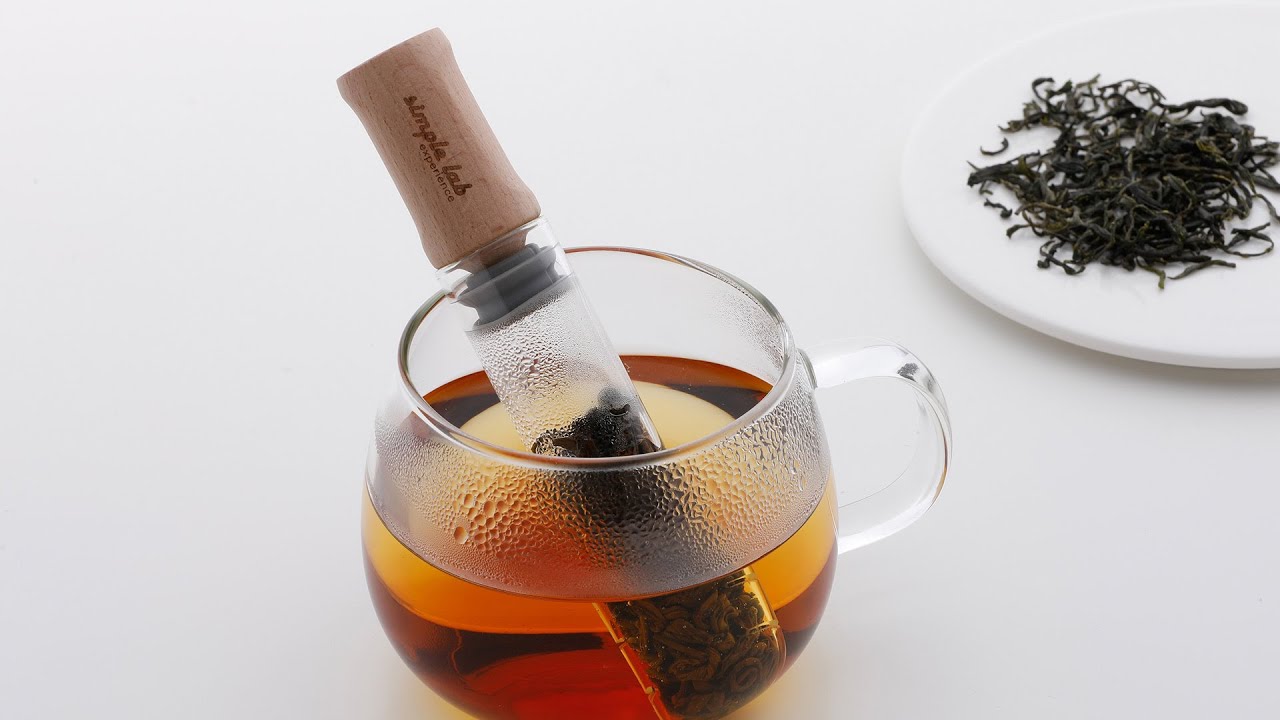
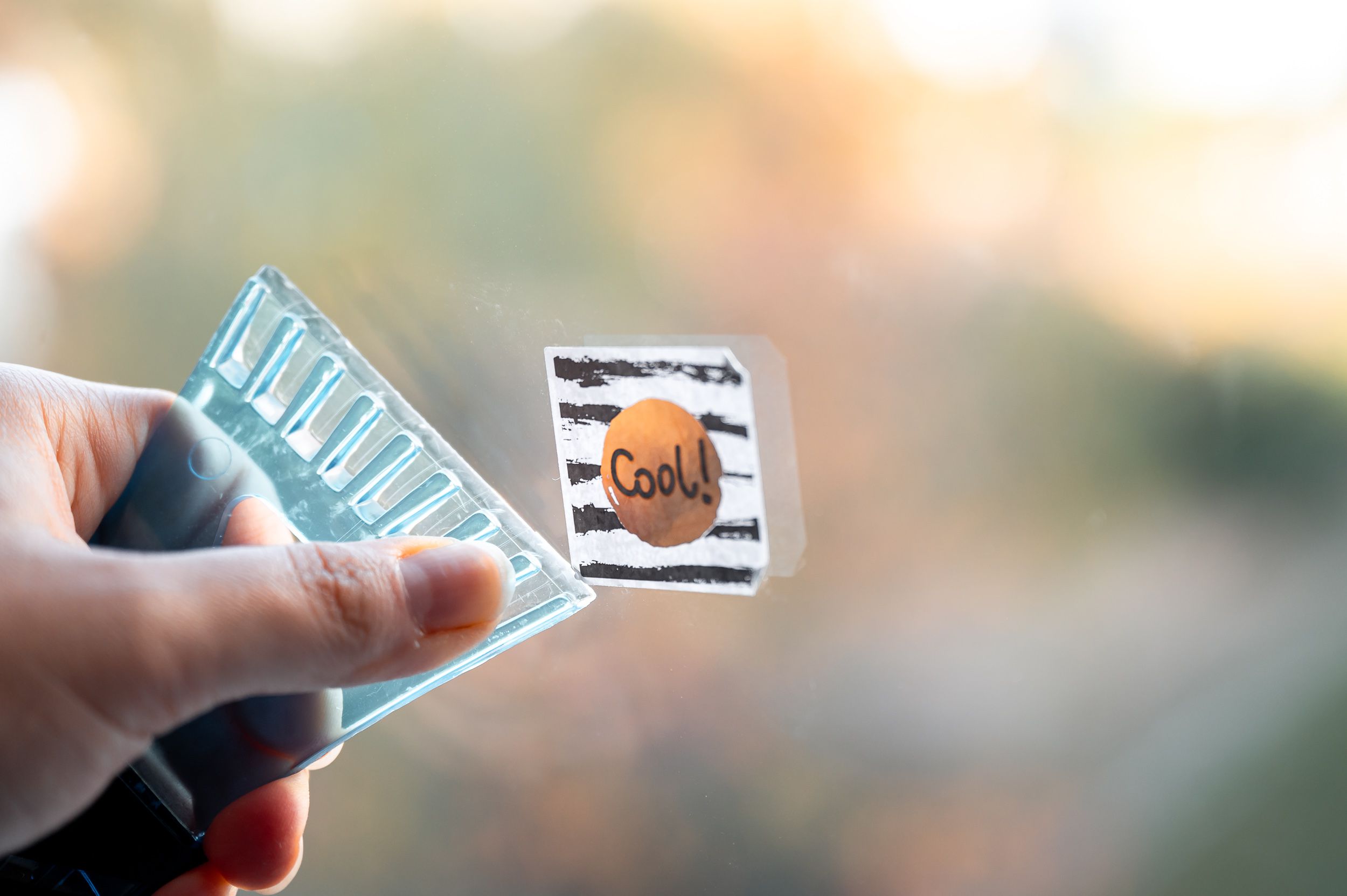
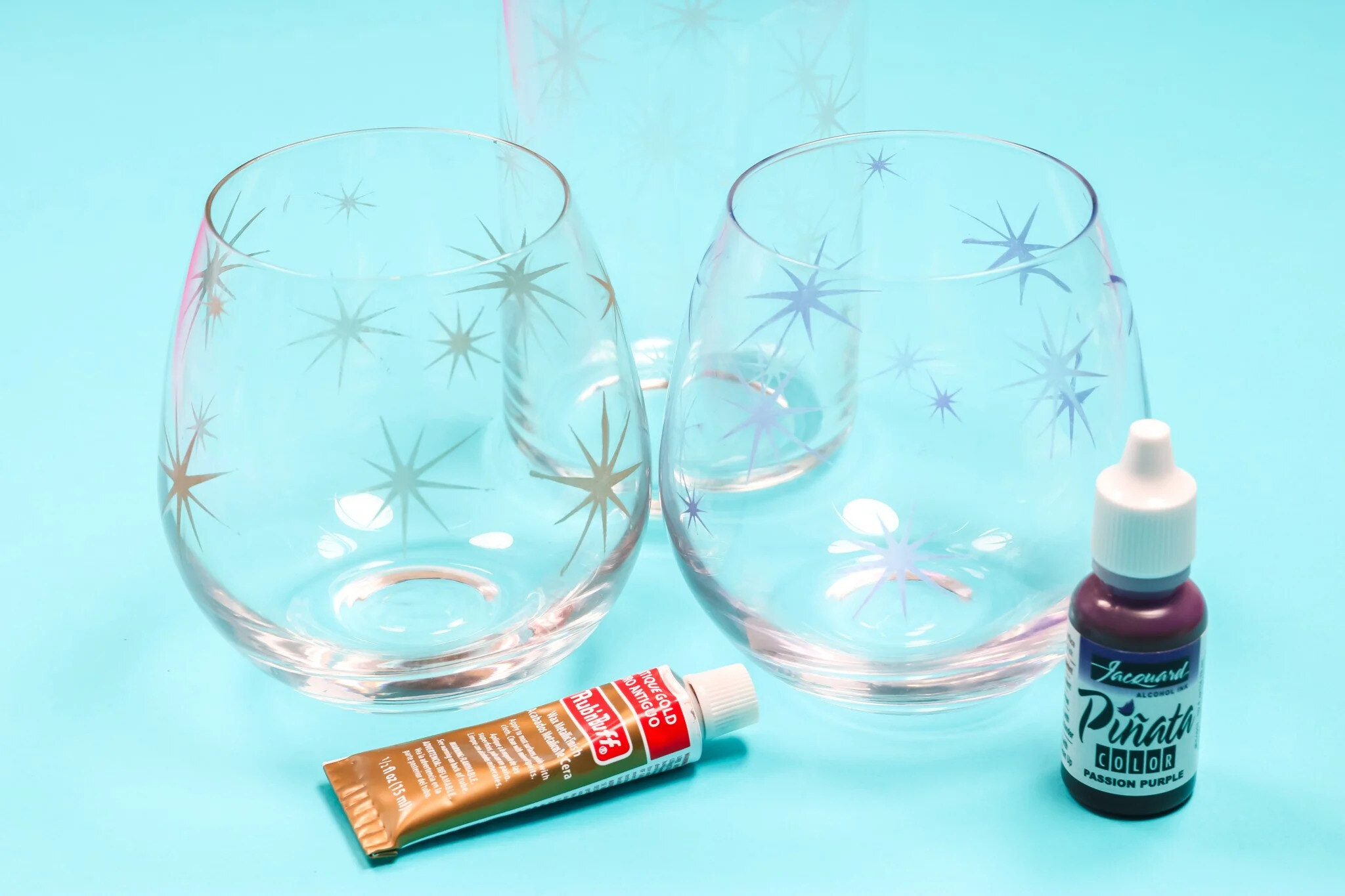
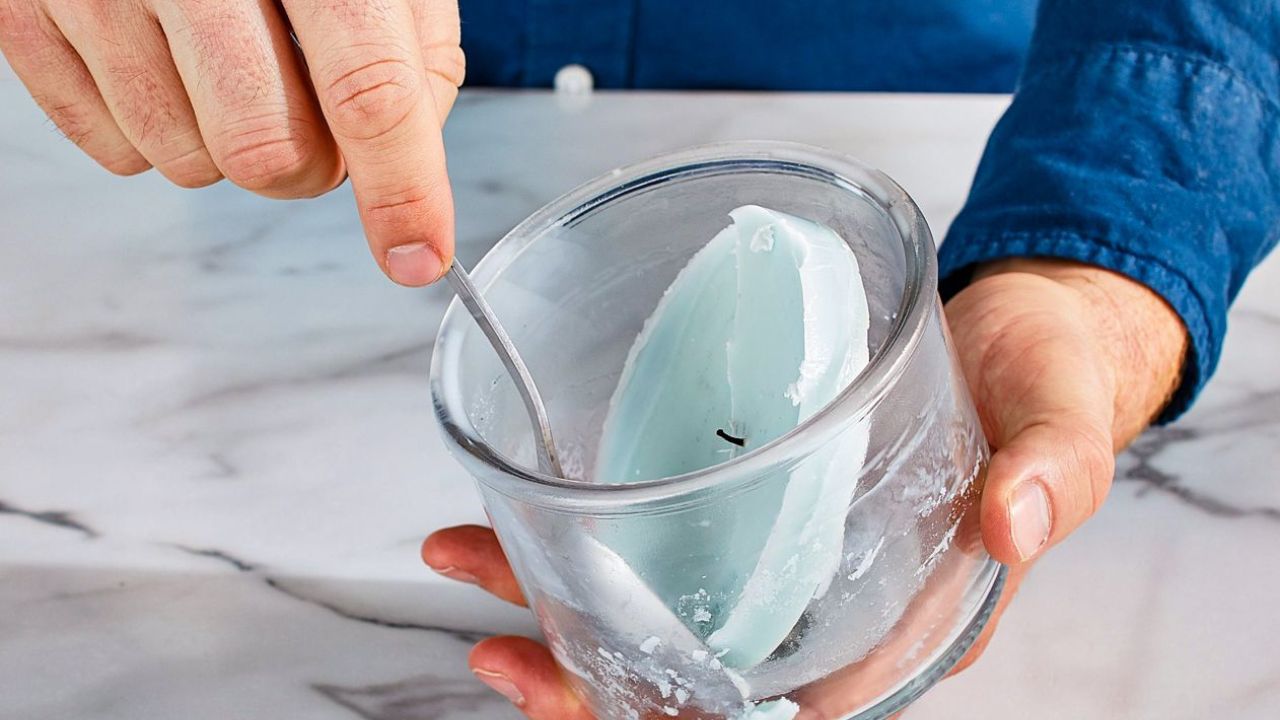
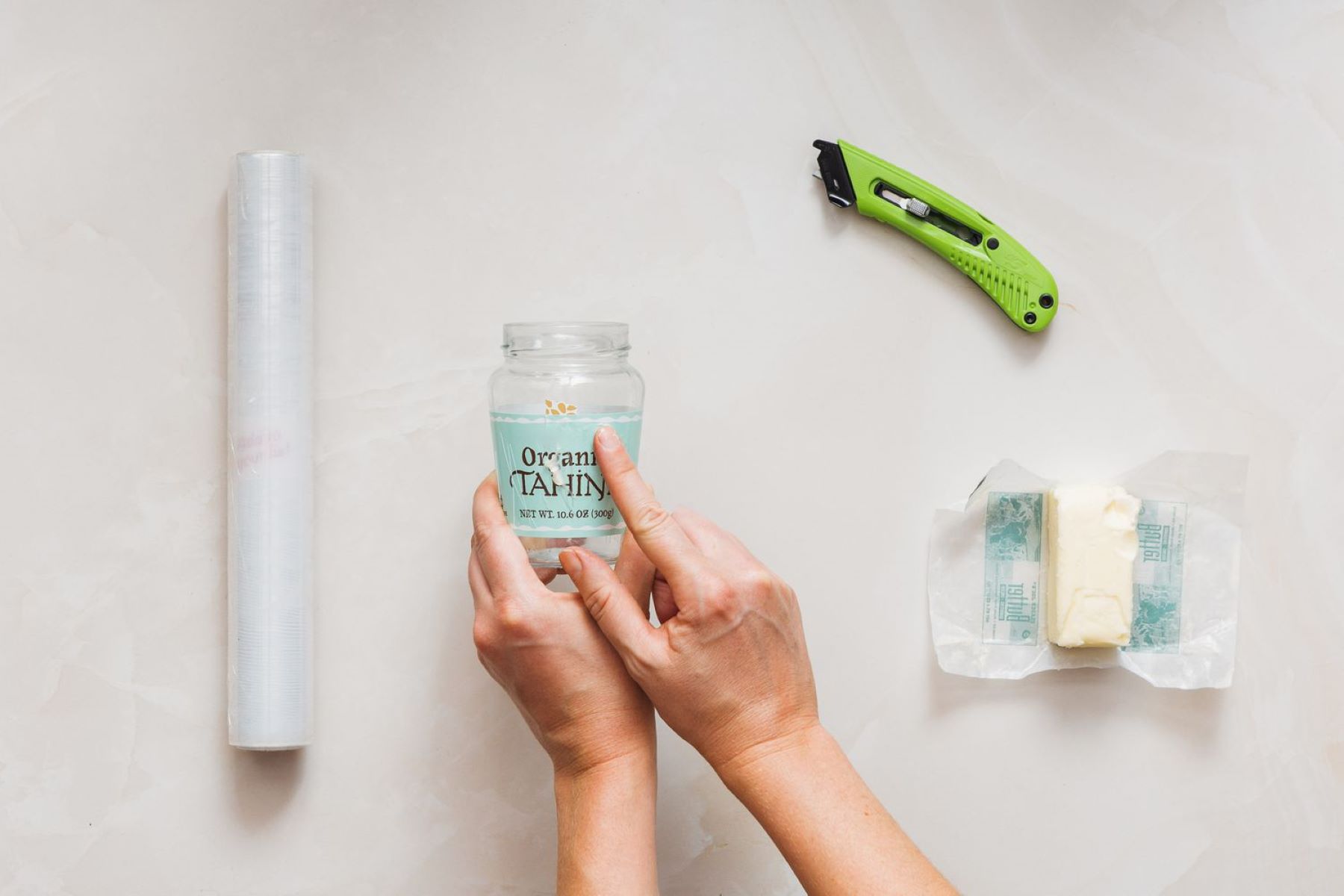
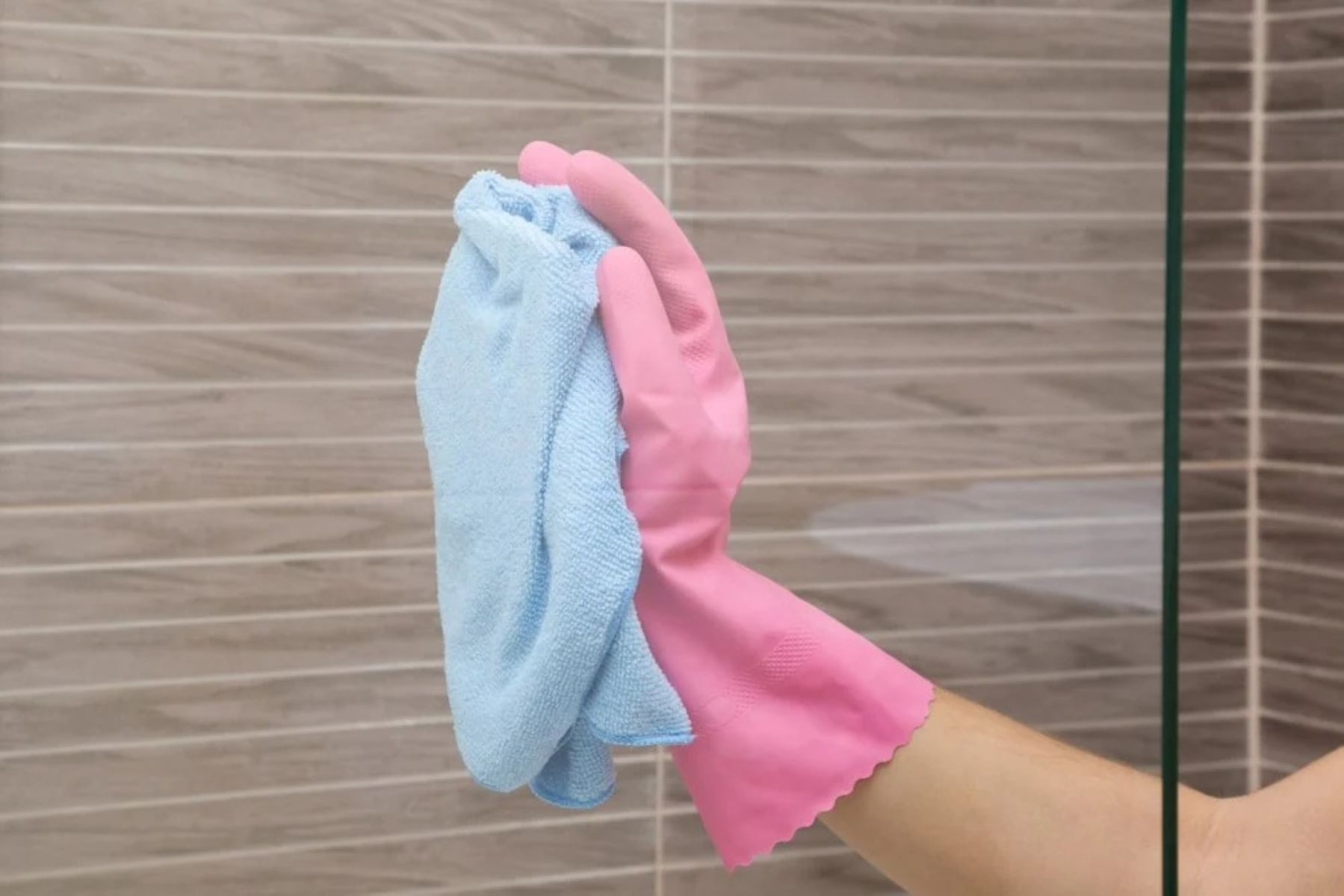

0 thoughts on “How To Remove Dishwasher Film From Crystal Glasses”